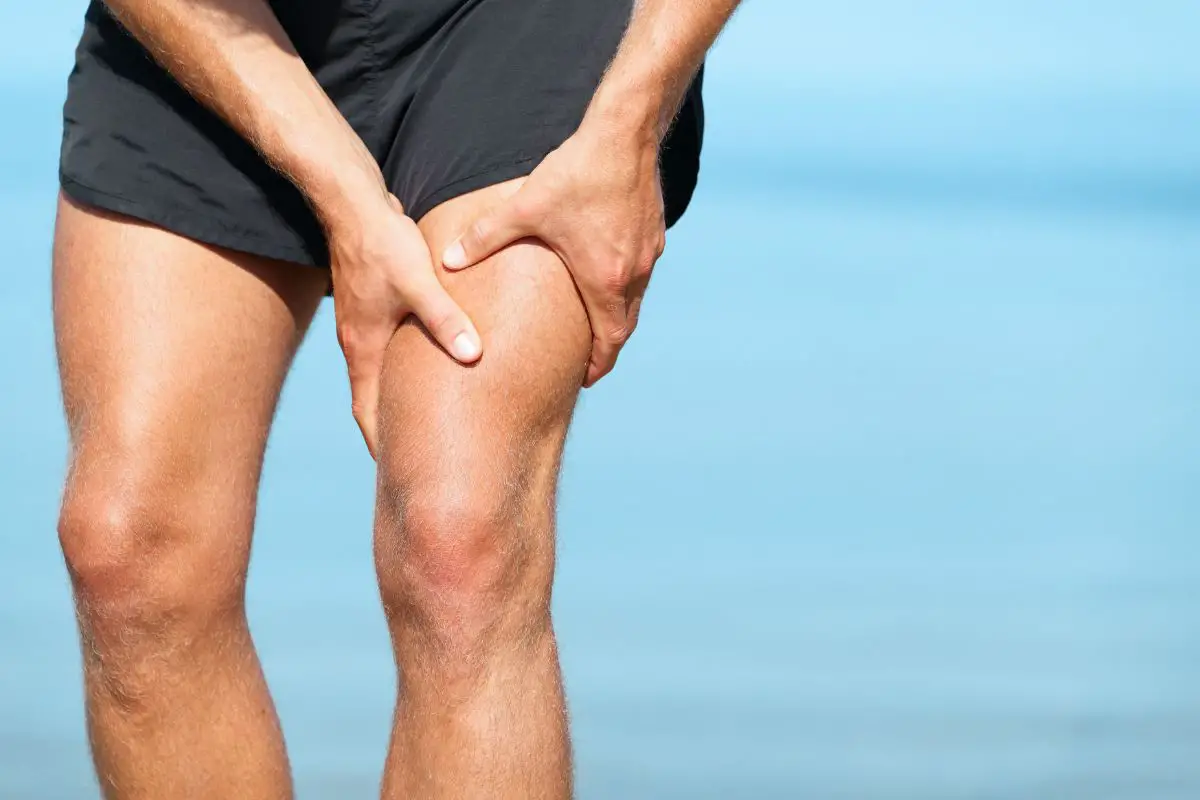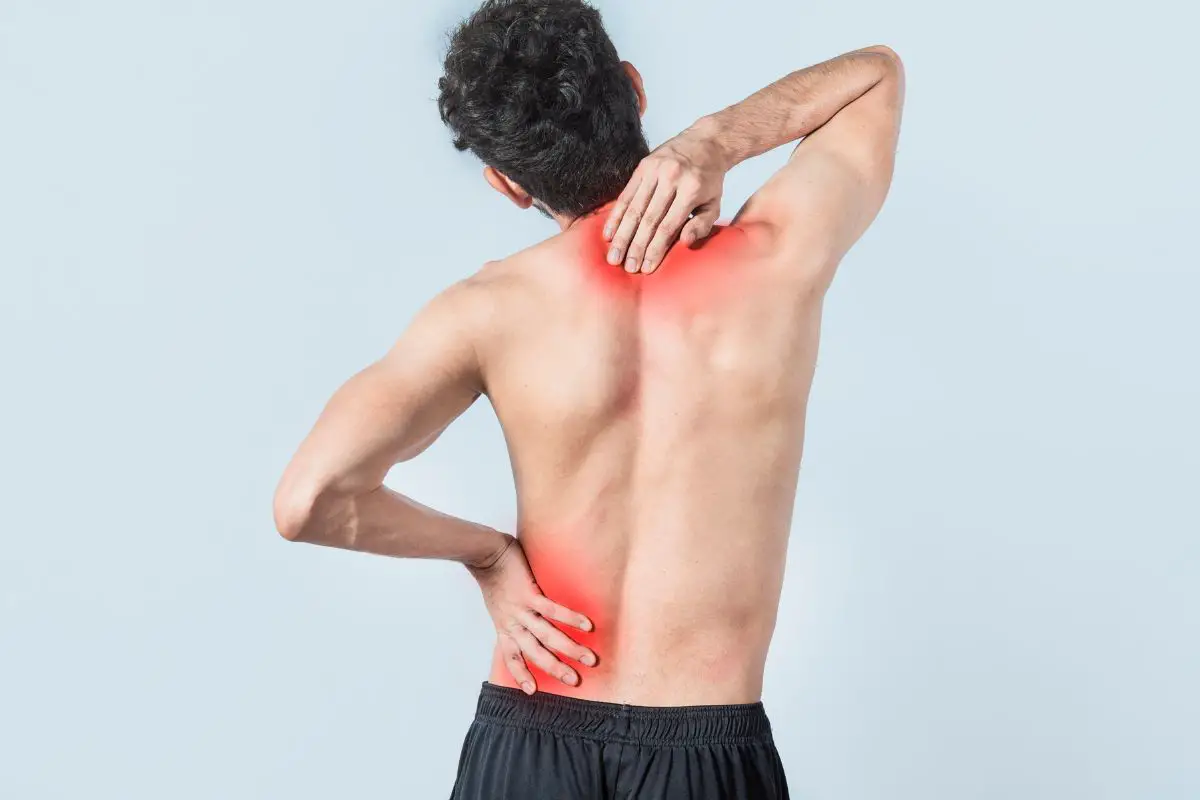Millions of people around the world rely on coffee to wake up in the morning or get an energy boost in the afternoon. Coffee and other sources of caffeine do much more than helping you wake up. In fact, coffee is known to affect muscles. But how would drinking several cups of coffee affect muscle function? Keep reading to find out.

Coffee Reduces Muscle Soreness
Coffee is loved for its rich caffeine content. Caffeine is also available in smaller amounts from other sources such as energy drinks, cacao, and tea. According to the FDA, about 80 percent of American adults take caffeine in one form or the other every day. While most people take coffee to stay alert and wake up, it has been shown to reduce muscle soreness.

Existing research shows that drinking coffee may result in delayed-onset muscle soreness. It also increases performance. Thus, coffee has both delayed and immediate effects. In a research published in the Journal of Strength and Conditioning Research, healthy male participants received either a placebo or caffeine before doing intensive biceps curls.
The amount of caffeine used in the research was equivalent to about two and a half standard cups of coffee. The results of the study showed that treatment with caffeine increased their capacity to exercise. Also, they experienced reduced muscle soreness after the caffeine treatment.
Coffee Affects Endurance

Caffeine supplementation is gaining popularity among athletes. Drinking coffee before exercising has been shown to help achieve maximum muscular activation and enhanced neuromuscular transmission. When you drink coffee, you are likely to experience increased performance, especially when participating in endurance forms of exercise.
During exercise, the body uses glycogen. Glycogen is a form of sugar obtained from the food you eat. The body uses glycogen as a source of energy. However, a long workout may deplete the stored glycogen in the body. As a result, you may feel sluggish or tired.
When you drink coffee before exercising, its caffeine content helps to slow the depletion of glycogen. It encourages the body to use more fat and less glycogen for energy. As a result, the body conserves more energy over a longer period.
Also, when your muscles feel tired, you will find it harder to exercise. If you drink coffee before a competition or training session, you may enjoy improved performance. You will find it easier to do more vigorous physical activities with less pain in your muscles. Also, you will feel less fatigued.
If you are taking part in sports activities that deplete glycogen, especially endurance events, you may benefit from drinking coffee. Activities that keep the muscles active for at least an hour such as skiing, cycling, and running benefit most from drinking coffee as it helps increase your endurance, speed, and accuracy. However, coffee has not been shown to offer significant benefits for power and strength activities like weight-lifting.
Coffee Can Cause Muscle Cramps and Spasms

How would drinking several cups of coffee affect muscle function? Although coffee reduces muscle soreness and improves endurance, it has been shown to cause muscle cramps and spasms. If you drink too much coffee, it will amp up the nervous system and cause muscle cramps, twitching, and spasms.
Research shows that high amounts of caffeine cause involuntary tensions in the muscle fibers. As a result, you may experience muscle spasms in the form of twitching eyelids, trembling hands, or a nervous tic.
Coffee Can Cause Back Pain

Although consuming coffee does not cause any physical injury, it may cause back aches. Also, it can enhance previously existing pains and aches. Caffeine has been shown to place a significant level of stress on adrenal glands. Adrenal glands are round disk-shaped body organs that sit on top of each kidney.
When the adrenals are stressed out all the time due to excessive caffeine consumption, they tend to weaken over time. Also, the entire area around them including the lower back weakens. As a result, you may feel back ache and pain. Additionally, weak adrenals may take essential nutrients away from the tendons and ligaments, thereby weakening various muscles and joints.
Summary
Coffee is often used to increase energy levels and endurance when exercising. However, it is effective in reducing muscle soreness and enhancing endurance only when consumed moderately. Exercise experts advise drinking a cup of coffee about an hour before a workout session to reduce muscle fatigue. However, excessive consumption of caffeine may affect muscle function by causing muscle cramps, muscle spasms, and back pain.